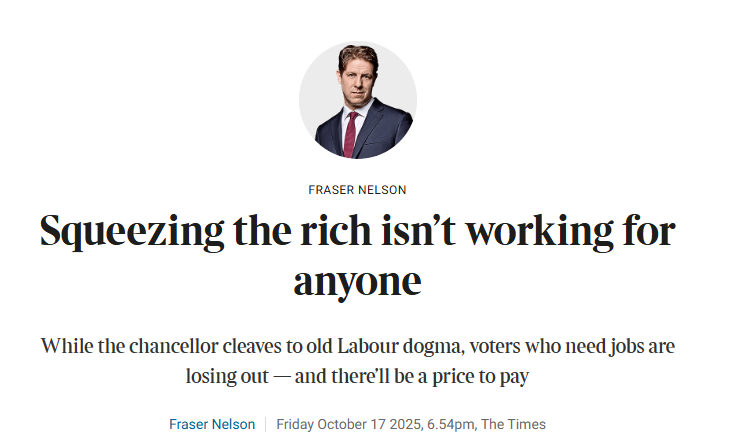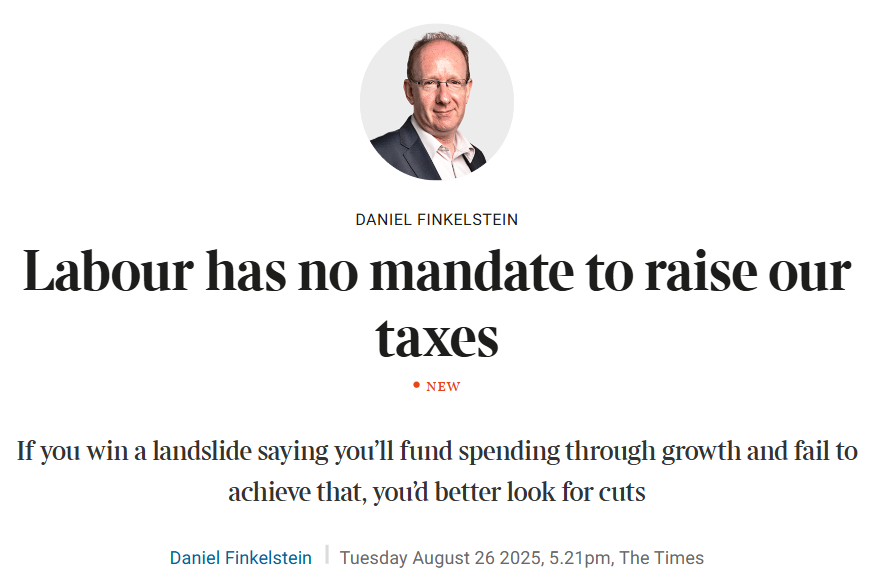The House of Lords Economic Affairs Committee has attacked CBDCs, saying that they are a “solution in search of a problem.”
Here we list some of the threats and risks identified by the House of Lords.
A thread:
#CBDC #CBDCs #KeepCash
Here we list some of the threats and risks identified by the House of Lords.
A thread:
#CBDC #CBDCs #KeepCash

PRIVACY:
“A CBDC system could not support anonymous transactions....
This lack of anonymity is to prevent CBDCs facilitating large-scale criminal activity, and to ensure a CBDC system complies with national disclosure laws that apply to payments"….
“A CBDC system could not support anonymous transactions....
This lack of anonymity is to prevent CBDCs facilitating large-scale criminal activity, and to ensure a CBDC system complies with national disclosure laws that apply to payments"….
“This means payments data on CBDC users would exist and would be accessible to some authority or institution.
There is concern about the potential for state surveillance.”
Of course the tax authorities, with their strong investigatory powers, would get hold of CBDC data.
There is concern about the potential for state surveillance.”
Of course the tax authorities, with their strong investigatory powers, would get hold of CBDC data.

The Committee quoted a survey by Redfield & Wilton Strategies which found that 32% of people thought the Bank of England would issue a CBDC to monitor how UK citizens use their money. 

SECURITY:
First, individual accounts could be compromised through weaknesses in cyber security.
Second, the centralised CBDC ledger... a critical piece of national infrastructure, would be a target for attack from hostile actors.”
First, individual accounts could be compromised through weaknesses in cyber security.
Second, the centralised CBDC ledger... a critical piece of national infrastructure, would be a target for attack from hostile actors.”
The Committee quoted GCHQ Director Sir Jeremy Fleming, on how a digital currency could present a threat: “it gives a hostile state the ability to surveil transactions.
It gives them the ability… to be able to exercise control over what is conducted on those digital currencies”
It gives them the ability… to be able to exercise control over what is conducted on those digital currencies”

The Royal United Services Institute said an online system would be a target for attack: “North Korea has made extensive use of the fact that cryptocurrency exchanges and so on can be hacked.
It ran a nearly very successful attack against the Bangladesh central bank".
It ran a nearly very successful attack against the Bangladesh central bank".

DISINTERMEDIATION "If a CBDC is introduced, a proportion of people may wish to transfer money out of their bank accounts into non-bank CBDC wallets. This would reduce the size of commercial banks’ balance sheets while increasing the size of the Bank of England’s balance sheet.." 

The Committee highlighted that this "may increase the cost of credit and tighten lending criteria, with implications for the efficiency of credit provision in the economy." 

Barclays said this "would make banks more reliant on wholesale funding—an expensive and more volatile alternative to customer deposits It said this could mean banks being required to hold higher levels of liquidity against deposits, which could constrain lending further." 

The Bank of England could "conduct forms of unconventional monetary policy more easily. "It could ‘programme’ a CBDC to have an expiry date by which it would need to be spent, or conditions could be placed on a CBDC so that it could be spent on certain goods only."
Of course, once introduced, CBDCs could be programmed to do all sorts of things - not just collect information on citizens but levy taxes at the point of transaction too.
The Government may say they don't plan to do this, but that could easily change.
The Government may say they don't plan to do this, but that could easily change.

• • •
Missing some Tweet in this thread? You can try to
force a refresh

















